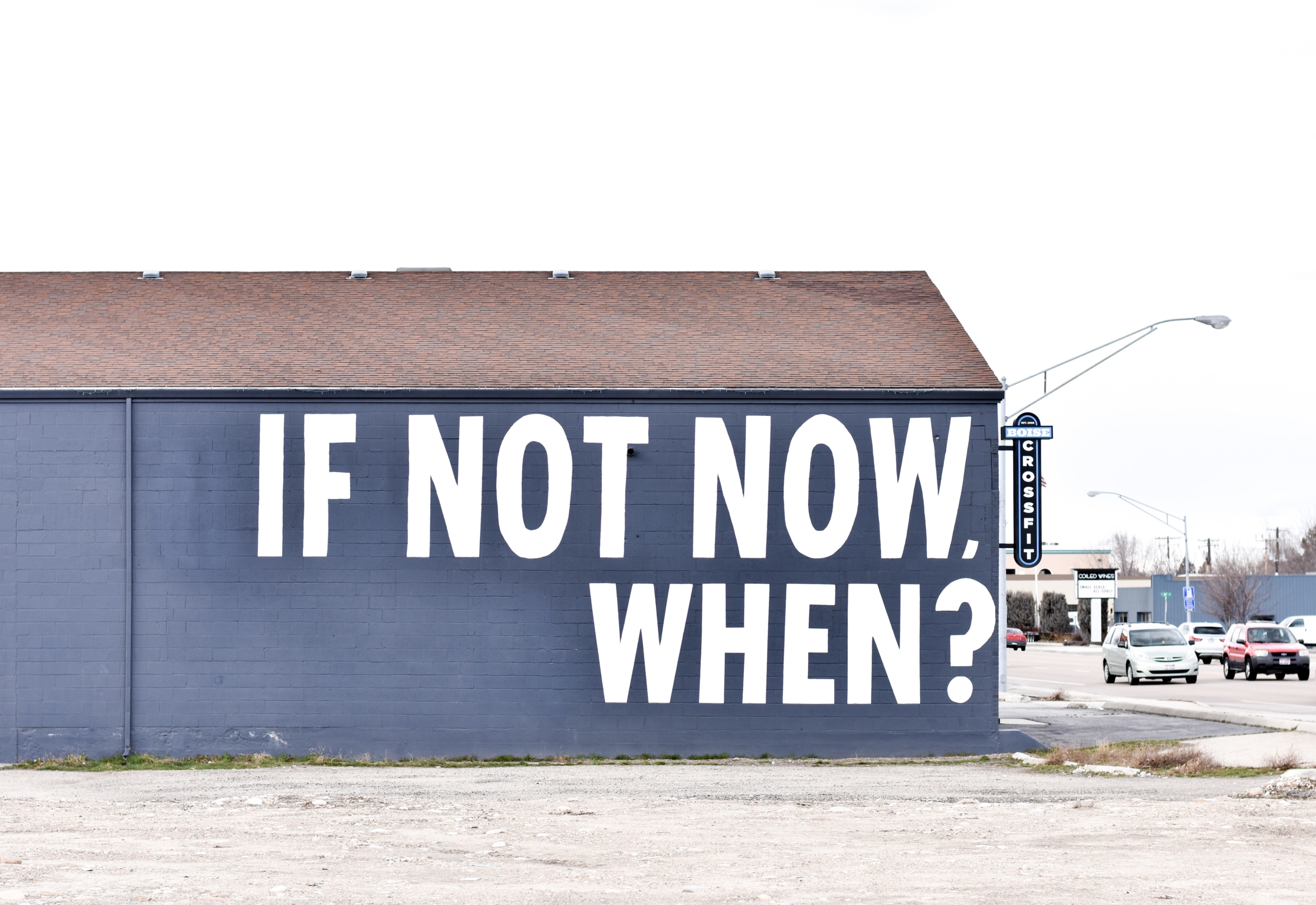How to build your professional project – Part 2: five preliminary questions

1) Why did you choose your course of studies?
You may have taken your decisions under many different circumstances, like your parents advise, your liking of one specific matter, or simply because you didn’t have any better option.
No matter how you did the choice, now you need to go back to the roots of your decision, and to ask yourself if they are still valid.
2) How was your previous image about your future job?
Did you have any idea about your future job when you started your University? Some people seem to have a very clear idea about their professional target since the beginning; somebody else not at all, others changed their view during the studies. It is difficult to say that one approach is better than the other, but, in any case, the way by which you imagine your future is absolutely crucial.
3) Has this image changed during the years?
In addition to your internal insight, other factors have a significant impact to shape your future. Perhaps, you may have changed your ideas regarding your ideal job during the years as a consequence of new information, people you met, or short working experiences. Be aware of this process of lifelong learning is absolutely important to design your future professional development.
4) How do you imagine yourself in 5 – 10 years?
This is a very typical question you will have to answer in a standard job interview. Again, some people can find very easy to answer it, and, on the contrary, for someone else it could seem a very stupid question. How can I answer if I do not have any job experience? Regardless of whether you find it pertinent in a job interview context or not, trying to answer for yourself could be useful in your process of self-awareness.
5) Which steps have you foreseen in order to achieve your professional objectives?
This is a sort of “reality-check” of your career path designing process. Identifying the intermediate step which allow you to achieve your target can increase your chance of success. And for sure, it will contribute to a successful job interview.

